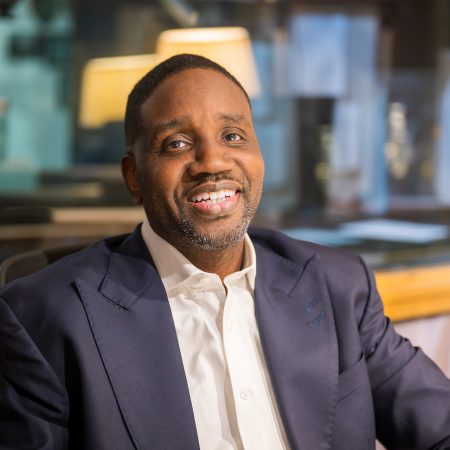A Michigan judge has granted a permanent injunction against three of the state’s remaining abortion restrictions, declaring they violate the Reproductive Freedom for All constitutional amendment voters passed in 2022.
The court’s ruling affirms the amendment established even broader reproductive rights for Michigan citizens than they had under Roe v. Wade, and eliminates a 24-hour mandatory waiting period, a mandatory informed consent form, and a ban on advanced practice clinicians performing abortions. The court had previously granted a temporary injunction against these three restrictions last year.
Tuesday’s ruling did, however, uphold the legality of one of the laws challenged by the plaintiffs, Northland Family Planning Centers and Medical Students for Choice: a law requiring abortion providers to counsel and screen patients for “coercion to abortion,” and requiring clinics post notices that it’s illegal in Michigan to coerce someone to have an abortion.
Abortion rights supporters argued the restrictions were medically unnecessary and intended to create barriers to abortion.
“It’s about time that these unnecessary and stigmatizing barriers to care are finally thrown out for good,” said Renee Chelian, executive director of Northland Family Planning Centers, said in a press release Tuesday. Northland Family Planning filed the lawsuit last year with Medical Students for Choice, along with the Center for Reproductive Rights.
“Our patients no longer have to worry that they may not be able to get the time-sensitive care they need. These restrictions are an insult to our patients, who know what’s best for themselves,” Chelian said.
But abortion rights opponents, who campaigned against the 2022 ballot proposal, said the ruling was “bad news for women.”
“At the same time, abortion complications have skyrocketed, removing standardized informed consent about abortion procedures, possible complications, and alternatives to abortion is a disservice to women,” Genevieve Marnon of Right to Life of Michigan said via email.
State data shows that in 2023, “total immediate complications” following an abortion occurred at an average rate of 5.1 for every 10,000 abortions performed. Between 2020-2022, before the constitutional amendment, the average rate was 1.6 for for every 10,000 abortions performed. Both are far below the most recent data available for complications following hospital deliveries. The state abolished its mandatory abortion reporting system in 2024.
“The injunction demonstrates how radical and abortion obsessed our state has become,” Marnon said.
What did these abortion restrictions mean?
On paper, the restrictions being challenged sound pretty straight-forward: only physicians can provide abortions, and patients have to sign an informed consent form and wait 24 hours.
But abortion providers said at least 150 people a month would miss their appointments, because patients would make a mistake with the paperwork process required to meet the state’s 24-hour mandatory waiting period and consent form. That includes patients who’ve increasingly been traveling from out-of-state since the U.S. Supreme Court overturned Roe v. Wade in 2022.
In practice, the waiting period and informed consent requirements have been combined into a single form, accessible only through a state website, that patients had to sign no more than two weeks, but no less than 24 hours, before their appointment, then print the time-stamped form and bring it to their appointment.
Renee Chelian, the founder and executive director of Northland’s clinics, testified about a patient who “came in at 23.6 weeks (the legal cut-off in Michigan) but who had not printed the time-stamped form from the DHHS website,” the Michigan Court of Claims Judge Sima G. Patel wrote in the order issued Tuesday. That patient had to be referred to providers in other states, because Northland “could not legally provide the service the next day.”
Other patients were “denied a medication abortion” (which is an option in the first 11 weeks of pregnancy) and instead were “forced to undergo a more invasive procedure with higher risk because of the 24-hour delay,” the order said.
The judge cited figures provided by Chelian estimating “that approximately 10 patients were turned away each month for failure to provide” the required forms.
The court ruled that the 24-hour mandatory waiting period “burdens and infringes on patients’ rights to reproductive freedom” by “increasing costs, prolonging wait times, increasing the risk that a patient will have to disclose their decision to others, and potentially forcing the patient to forgo a medication about for a more invasive procedure.”
Other materials patients were required to review, which included information about contraception and fetal development, are “coercive and stigmatizing,” the court ruled.
And the limitation on abortion providers, which effectively bans advanced practice clinicians like nurse practitioners from providing abortions “arbitrarily limits abortion providers to physicians only,” according to the ruling. That “exacerbates existing provider shortages, leading to large swathes of Michigan without access to nearby abortion care.”
But the judge disagreed with plaintiffs that state requirements to screen for someone being coerced to get an abortion “burden or infringe” on a patient’s access to the procedure, as “nothing in the statutes requires providers to ask specific or direct questions” and providers can “tailor their questions and interact with patients in an organic way.”
What the ruling means for future abortion battles
Since Michigan voters passed some of the broadest reproductive rights in the nation, numerous other states have followed suit. But Michigan has also illustrated how it’s one thing to have those rights on paper, while in reality, figuring out what they mean in practice requires years of legislative and legal battles.
Democrats have previously tried, and failed, to get several of these restrictions overturned in Lansing. And that was even when their party controlled all three branches of state government. Since then, abortion rights supporters have turned to the courts as the next-best option, in this case as well as others.
But abortion rights opponents say Michigan voters never intended to create rights beyond those protected under Roe, and point to efforts to repeal the state’s ban on Medicaid funding for abortions and parental consent laws as “radical” and out-of-step with the majority.
In this ruling, the court specifically lays out how Michigan’s constitutional amendment provides abortion protections beyond what Roe guaranteed. “Michigan voters dramatically changed the Michigan Constitution by adopting the RFFA,” the judge wrote.
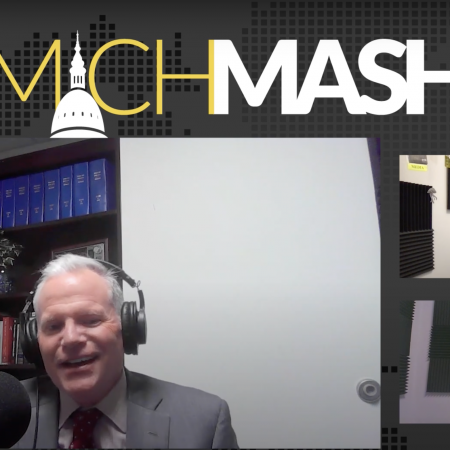
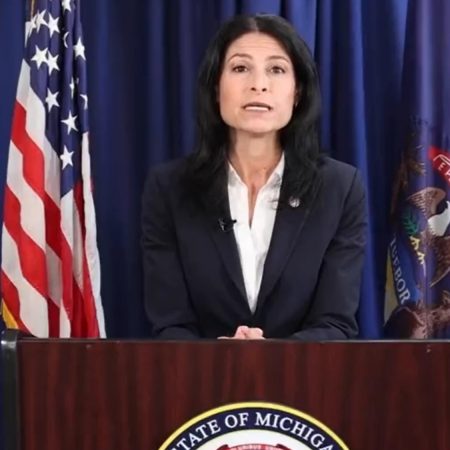
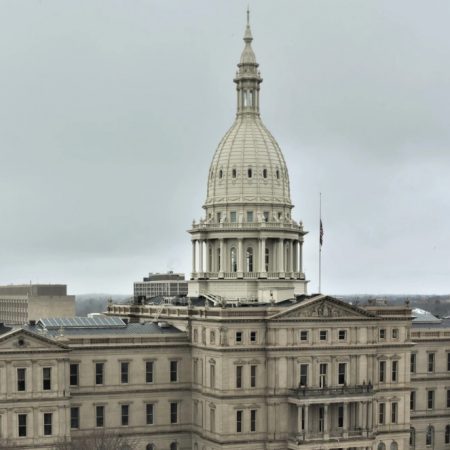
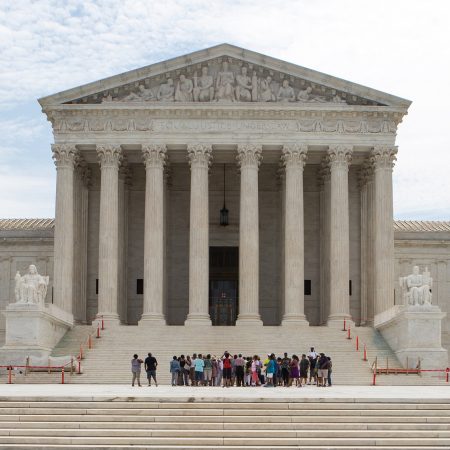
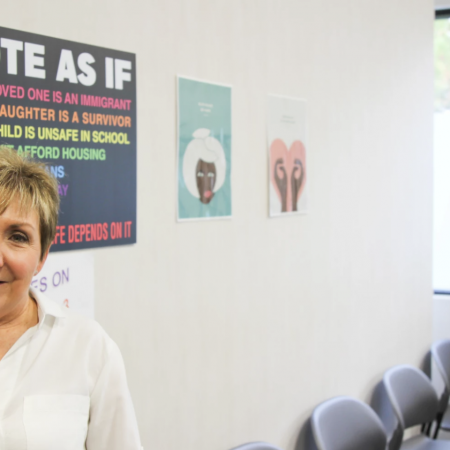


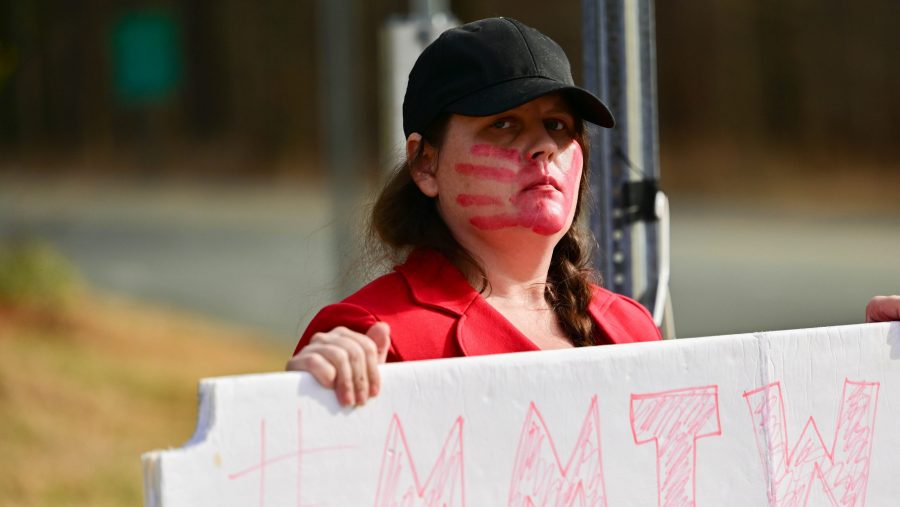

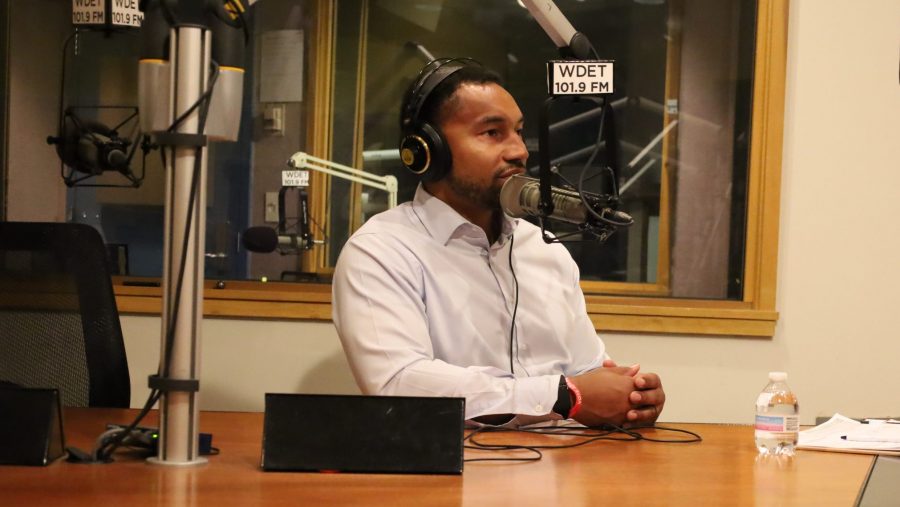


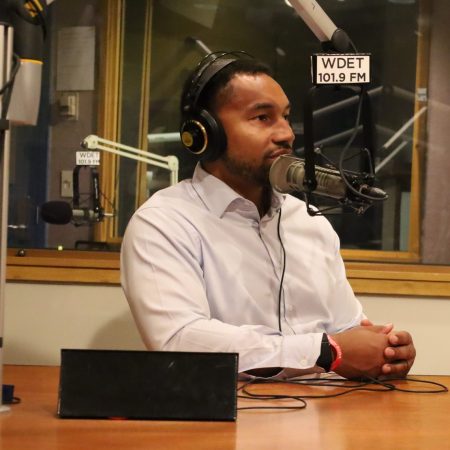
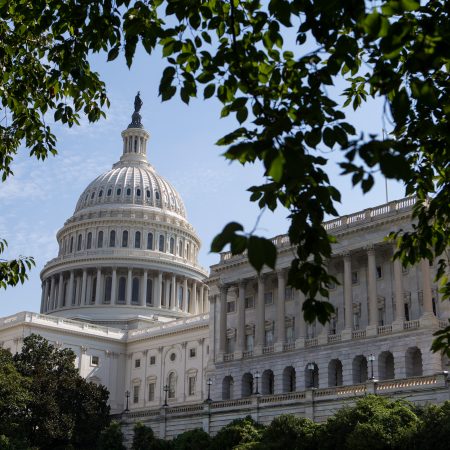





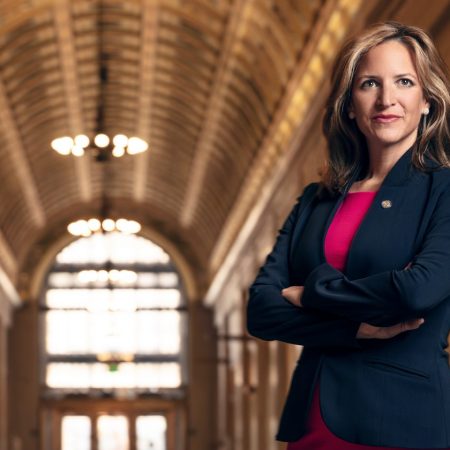
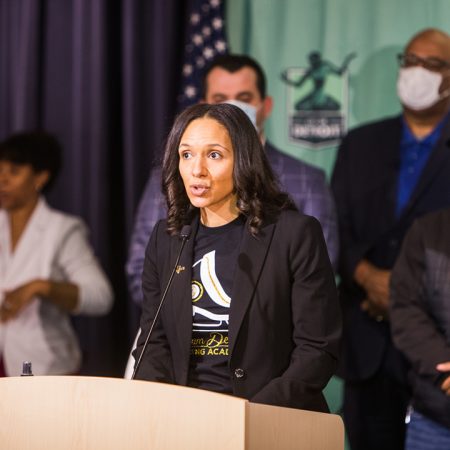
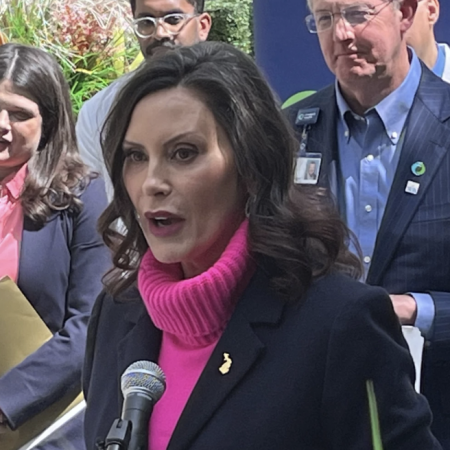
 Ferndale voters approved both a school improvement bond (70% yes) and a Headlee override millage (58% yes).
Ferndale voters approved both a school improvement bond (70% yes) and a Headlee override millage (58% yes). Mount Clemens voters rejected a $91.8 million bond proposal for school upgrades, with 67% voting no.
Mount Clemens voters rejected a $91.8 million bond proposal for school upgrades, with 67% voting no. In Wyandotte, Mayor Robert DeSana was reelected with 79% of the vote. Six city council members were also elected, and three administrative offices were uncontested.
In Wyandotte, Mayor Robert DeSana was reelected with 79% of the vote. Six city council members were also elected, and three administrative offices were uncontested.

